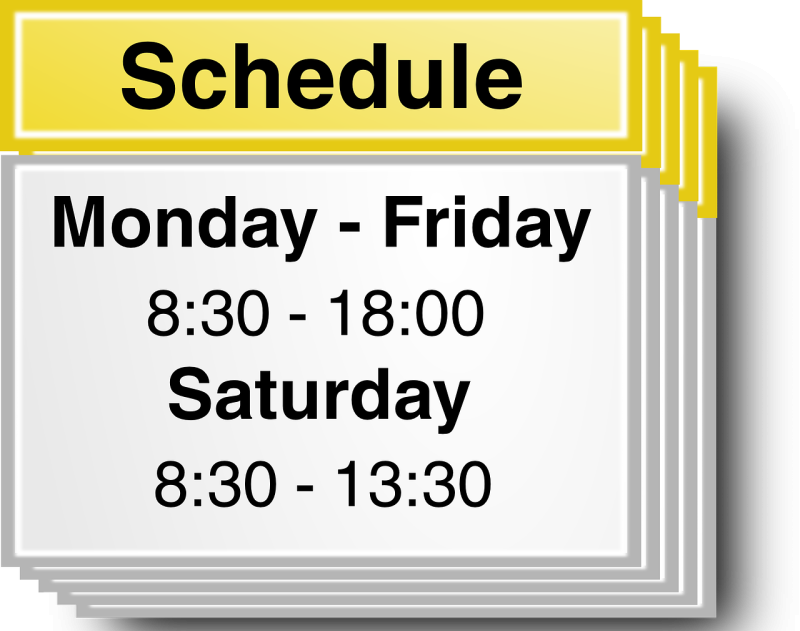英语介词用法最全总结和例子?
1.for 表示原因,与sorry, famous, punish, praise, thank, blame连用。 I am sorry for what I said to you. 我后悔不该对你讲那些话。
2.at 指情感变化的原因,意为“因听到或看到而……”。 He was surprised at the news. 听到这消息他大吃一惊。

3.from 指“外在的原因”,如受伤、车祸等。 He died from the wound. 他因受伤而致死。
英语介词连词用法最全总结?
英语介词连词用法总结如下:
(一)介词
后面要接代词或名词性成分,
例如:名词(短语)、代词、-ing分词(短语)、名词性从句(准确来说为宾语从句)等
[注] 名词性从句共有5种,本质相当于名词,故得名,宾语从句属于其中一种;因为介词后面接宾语(即所谓“介词宾语”),所以介词后面的名词性从句准确来说为宾语从句
介词的分类:简单介词(一个单词组成,例如:against,by,for);复合介词(多个单词组成,例如along with,because of,but for);短语介词(多个单词组成,其中一般有名词,例如:by means of,in place of,for the purpose of)
(二)连词
后面要接单词、词组或句子(包括完整的分句、从句,以及被简化的从句)
[附] 连词的分类:并列连词(如and,but,not only……but also……)连接并列成分(之间为同级关系);从属连词(如whether,as,because)引导从属成分(之间有主次之分)
下面为一组同义句:
a)Though he was inexperienced, he did a very good job.
b)Though inexperienced, he did a very good job.
c)In spite of his inexperience, he did a very good job.
英语介词用法口诀?
早、午、晚要用 in,at 黎明、午夜、点与分。
年、月、年月、季节、周,阳光、灯、影、衣、帽 in。
将来时态 in ... 以后,小处 at 大处 in。
有形 with 无形 by,语言、单位、材料 in。
特征、方面与方式,心情成语惯用 in。
介词 at 和 to 表方向,攻击、位置、恶、善分。
早、午、晚要用 in
例:in the morning 在早上
in the afternoon 在下午
in the evening 在晚上
in the day 在白天
at 黎明、午、夜、点与分
例: at dawn, at daybreak 在黎明时候
at noon 在中午
at night 在夜间
at midnight 在午夜
以上短语都不用冠词
at six o'clock 在6点钟
at 7:30 (seven thirty) 在7点半
at half past eleven 在11点半
at nine fifteen 在9点15 分
到此,以上就是小编对于英语介词的用法的问题就介绍到这了,希望介绍关于英语介词的用法的3点解答对大家有用。















